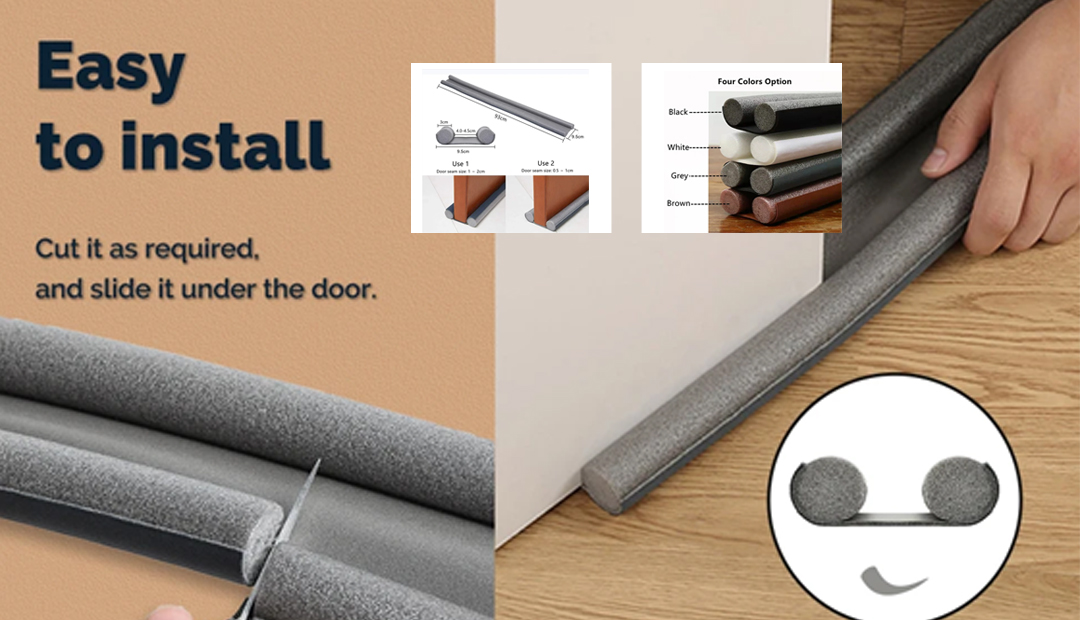Choosing the Right Bead Type for Your Garage Door Bottom Seal
Understanding Garage Door Bottom Seal Bead Types
Garage doors are essential components of our homes, providing security, insulation, and protection against the elements. One integral part of a garage door is the bottom seal, which not only helps in keeping out pests and debris but also plays a significant role in insulation and energy efficiency. Garage door bottom seal bead types vary in materials and designs, each serving distinct functions. Let’s explore the different types available, their benefits, and factors to consider when choosing the right one for your garage door.
What is a Bottom Seal?
A bottom seal is the flexible strip located at the bottom edge of the garage door. It ensures a snug fit between the door and the ground, preventing drafts, water, and insects from entering the garage. These seals are crucial for maintaining the garage's environment, especially if it serves as a workshop or storage area for sensitive items.
Types of Garage Door Bottom Seal Beads
1. Vinyl Bottom Seals Vinyl is a popular choice for garage door bottom seals due to its resilience and flexibility. These seals are designed to withstand extreme temperature changes, making them ideal for various climates. They are generally manufactured in various sizes and configurations, such as T-shaped and U-shaped beads, which can accommodate different door styles and ground types.
2. Rubber Bottom Seals Rubber seals are known for their durability and weather resistance. They provide a superior seal compared to vinyl, effectively blocking water and preventing air leaks. Rubber bottom seals are particularly beneficial in regions with heavy rainfall or harsh winters. Some rubber seals also have added UV protection to enhance their lifespan.
3. Polymer Foam Seals Polymer foam seals are lightweight and easy to install, providing excellent insulation properties. These seals can compress to form a tight seal regardless of any irregularities in the garage floor. They are particularly effective in reducing noise and improving overall energy efficiency by maintaining temperature.
4. Metal Bottom Seals Metal bottom seals are often used in commercial applications or heavy-duty residential settings. These seals can withstand significant impact and heavy loads, making them ideal for high-traffic areas. While they may not provide as tight of a seal against water and air, their robustness and durability make them a long-lasting option.
Benefits of Installing the Right Bottom Seal
Choosing the appropriate garage door bottom seal is essential for several reasons
garage door bottom seal bead type

- Energy Efficiency A properly fitted seal helps reduce heating and cooling costs by preventing air leaks
. - Protection from Pests Bottom seals create a barrier against insects and small rodents, protecting your garage from unwanted guests.- Weather Resistance Good quality seals ensure that your garage remains dry, preventing water damage and mold growth.
- Noise Reduction Seals can also help in dampening sound, providing a more peaceful environment, especially if your garage is adjacent to living spaces.
Factors to Consider When Choosing a Bottom Seal
When selecting a garage door bottom seal, consider the following factors
- Material Evaluate your climate conditions and choose a material that can withstand the elements. - Installation Some seals may require professional installation, while others can be easily applied by the homeowner.
- Dimensions Ensure that the seal fits your garage door perfectly. Measure your door's width and height before purchasing.
- Compatibility Check that the seal type is compatible with your specific garage door design, whether it be sectional, roll-up, or tilt-up.
Conclusion
A garage door bottom seal is a small yet crucial component that contributes significantly to your garage's functionality and efficiency. By understanding the various types of bottom seal beads available, homeowners can make informed decisions that enhance insulation, protect against pests, and maintain the overall integrity of their garage. Investing in the right bottom seal not only saves money on energy bills but also ensures a comfortable and secure environment for your vehicles and belongings. As you evaluate your options, consider climate, installation ease, and compatibility with your existing garage door to find the perfect seal for your needs.
-
Under Door Draught Stopper: Essential ProtectionNewsJul.31,2025
-
Garage Door Seal and Weatherstrips for ProtectionNewsJul.31,2025
-
Edge Banding Tape for Perfect EdgesNewsJul.31,2025
-
Table Corner Guards and Wall Corner ProtectorsNewsJul.31,2025
-
Stair Nose Edging Trim and Tile Stair SolutionsNewsJul.31,2025
-
Truck Bed Rubber Mats for Pickup BedsNewsJul.31,2025
-
Window Weather Stripping for Noise ReductionNewsJul.29,2025